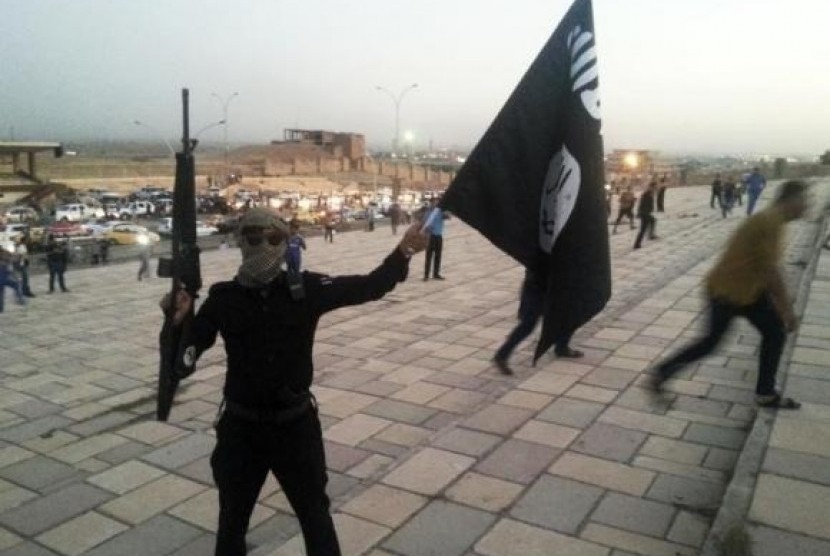REPUBLIKA.CO.ID, NEW YORK - Indonesia has adopted a sound approach to handle terrorism and radicalism, so that the influence of these ideologies does not grow stronger, according to President Susilo Bambang Yudhoyono.
"My speech was about international peace and security. Indonesia will continue to contribute to world peace, and more importantly, to deal with terrorism and radicalism in a proper manner," Yudhoyono remarked after attending a series of engagements related to the annual session of the UN in New York on Wednesday afternoon, or Thursday morning in Indonesia.
He further added that all countries should prioritize their respective domestic security in order to make the entire world more secure and peaceful. Yudhoyono pointed out the UN annual meeting this time was in contrast to the ones held earlier as it highlights numerous important issues such as climate change, international security, and welfare programs related to post-2015 MDGs.
President Yudhoyono also noted that the settlement of issues related to the Islamic State of Iraq and Syria (ISIS) and the destruction of terror modules across the world should be carried out thoroughly, precisely, and effectively.
He emphasized that the aspiration of a peaceful coexistence of Indonesia and the ASEAN region was the antidote to the poison of fundamentalist prejudice and intolerance, as practiced by a terrorist group in Iraq and Syria, which has falsely projected itself as the Islamic State.
He remarked that the ideology of ISIS not only betrayed the true teachings of Islam as a religion of peace but was also detrimental to the Islamic communities around the world.
"On a planet marked by turbulent transitions in the Middle East, Indonesia had shown that democracy, Islam, modernity, and human rights can co-exist," he asserted.
"Solution to terrorism and radicalism is not just the task of the military but also the politicians, diplomats, religious leaders, and civil society," he reiterated.
For instance, Yudhoyono explained that in order to deal with terrorism and radicalism in Indonesia, they used a de-radicalization approach by empowering the religious leaders to counter the extreme influences.


